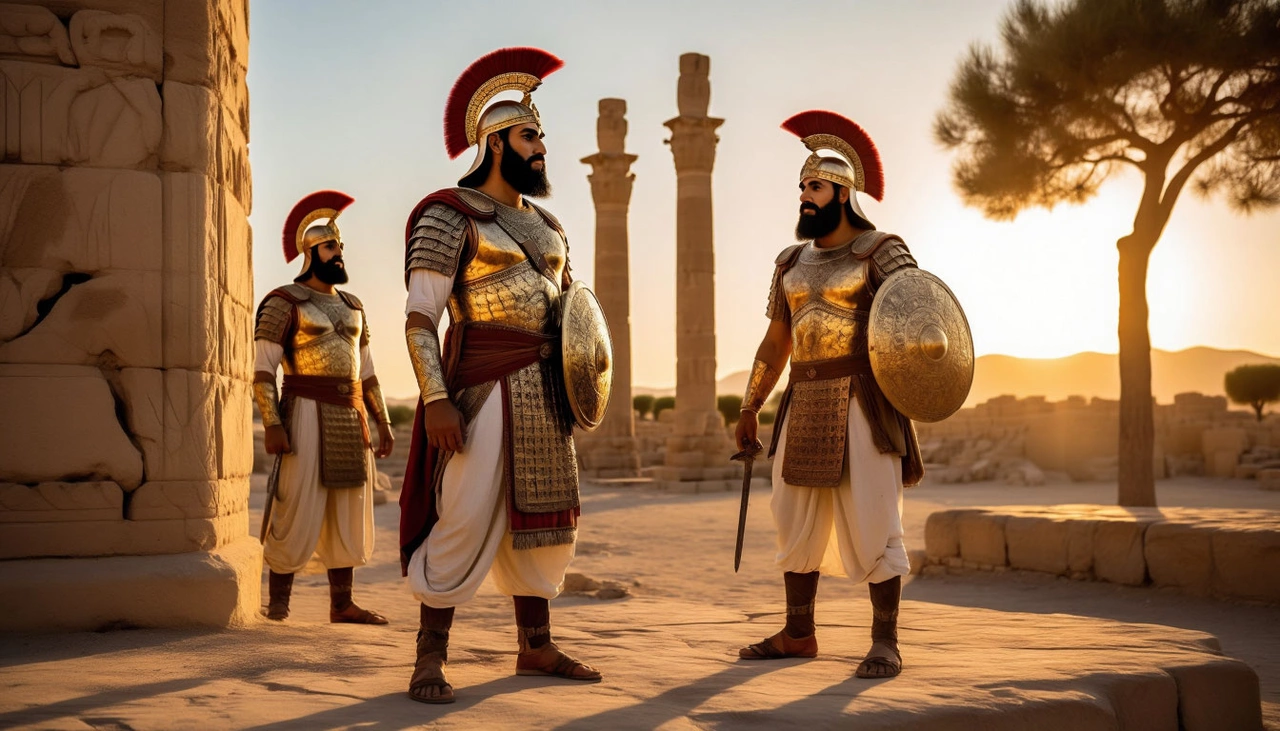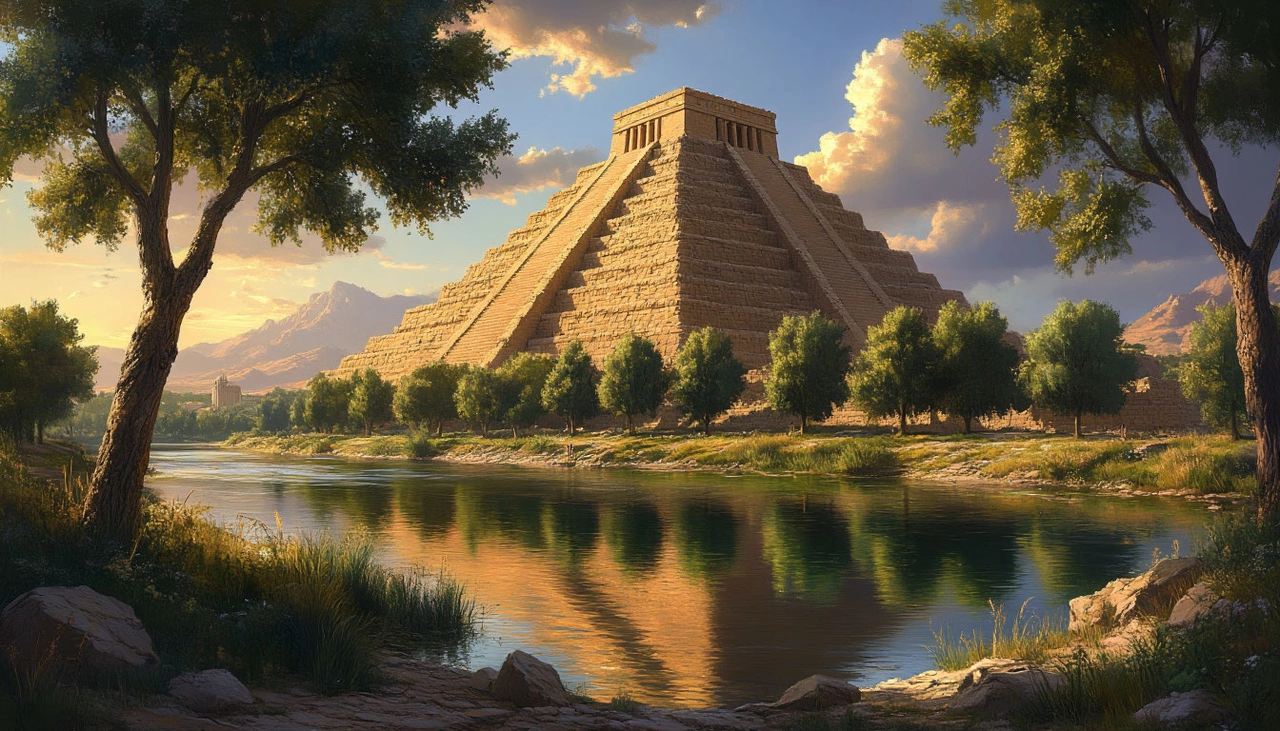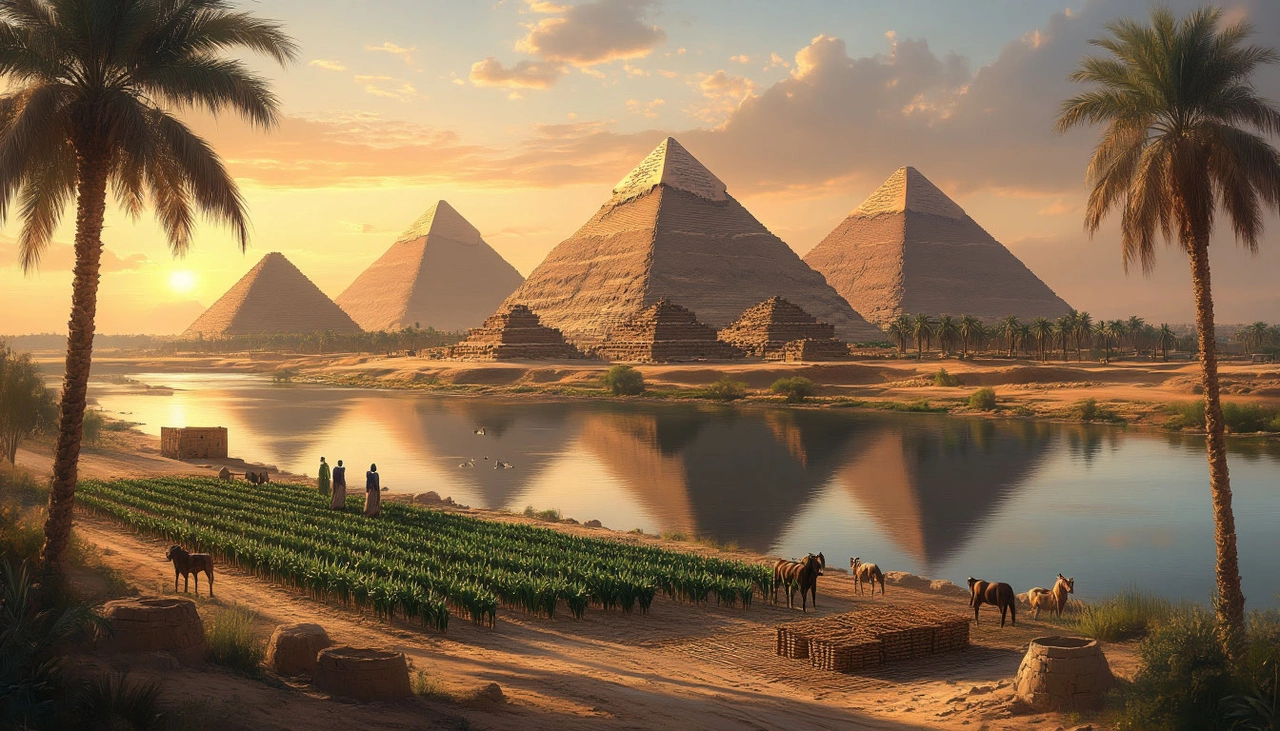🌍 The True Meaning Behind Middle Eastern Country Names
🇮🇷 Iran: Land of the Aryans

Despite frequent confusion with Iraq, Iran is a world apart — culturally, linguistically, and historically. Unlike its Arab neighbors, Iran is not an Arab nation. The majority of its population are Persians who speak Farsi, a language belonging to the Indo-European family. This linguistic distinction alone points to ancient origins.
The name Iran derives from the word Aryana, which translates to "land of the Aryans." The Aryans were ancient Indo-European tribes believed to have migrated south from the steppes of Central Asia, including areas that are now Kazakhstan and southern Russia. These tribes later laid the foundations for the great civilizations of Persia and India.
Until 1935, the country was known internationally as Persia — a name derived from the region of Pars (modern-day Fars), the cradle of the Achaemenid Empire. But that year, Reza Shah Pahlavi requested the international community to use the local name "Iran" to emphasize the nation’s deep historical roots and unity.
Today, the name Iran continues to reflect its mythological and historical identity — a reminder of Zoroastrianism, epic poetry like Ferdowsi’s Shahnameh, and a civilization at the heart of the crossroads between East and West.
🇮🇶 Iraq: Shoreline of Civilizations

Iraq — though often geopolitically entangled with Iran — carries a legacy of its own, dating back to the dawn of civilization. This is the land of Mesopotamia, the "land between rivers," where the Sumerians, Akkadians, Babylonians, and Assyrians changed the world by inventing the wheel, writing, and city-states.
The Arabic word al-‘Irāq likely stems from a term meaning "shore" or "lowlands," referring to the fertile riverbanks contrasting the surrounding deserts. During the early Islamic era, the name encompassed a larger region that included both Arab and Persian lands.
Baghdad, the capital, rose to intellectual prominence under the Abbasid Caliphate, drawing scholars from across the Islamic world. Thinkers like Al-Khwarizmi and Avicenna studied here, turning Iraq into a hub of science, philosophy, and medicine.
Thus, Iraq is more than a name. It's a riverbank soaked in the history of humanity — a place where myth, empire, and knowledge met in a unique and lasting legacy.
🇪🇬 Egypt: Land of the Black Soil and Soul of Ptah

Modern minds associate Egypt with pyramids, pharaohs, and the Sphinx. But the name "Egypt" masks deeper cultural layers. The ancient Egyptians called their land Ta-Kemet, or "Black Land," referencing the dark, nutrient-rich soil deposited by the Nile’s annual floods — a stark contrast to the surrounding Ta-Deshret or "Red Land" desert.
Later, in Coptic Christian tradition, the name Kemet persisted. But after the Arab conquest in the 7th century, a new name took root: Misr. In Arabic, it denotes not only a nation but a well-settled, civilized area — a place of order amidst nomadic chaos. Misr also carries significant meaning in Islamic texts, often symbolizing civilization itself.
Meanwhile, the Western name Egypt stems from the ancient Greek Aigyptos, a distorted version of the ancient phrase Hut-Ka-Ptah — “Home of the Soul of Ptah.” Originally, this referred specifically to Memphis, one of the oldest and most sacred cities of ancient Egypt.
Today, Egypt stands as a country with three coexisting names — Ta-Kemet, Misr, and Egypt — each telling a different chapter of a 5,000-year-old story.
Close